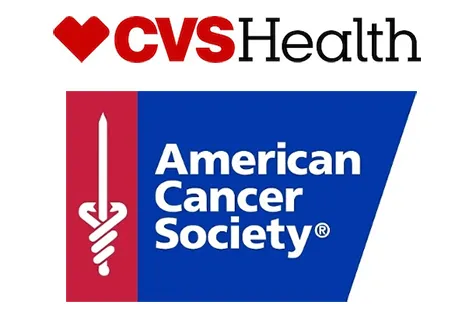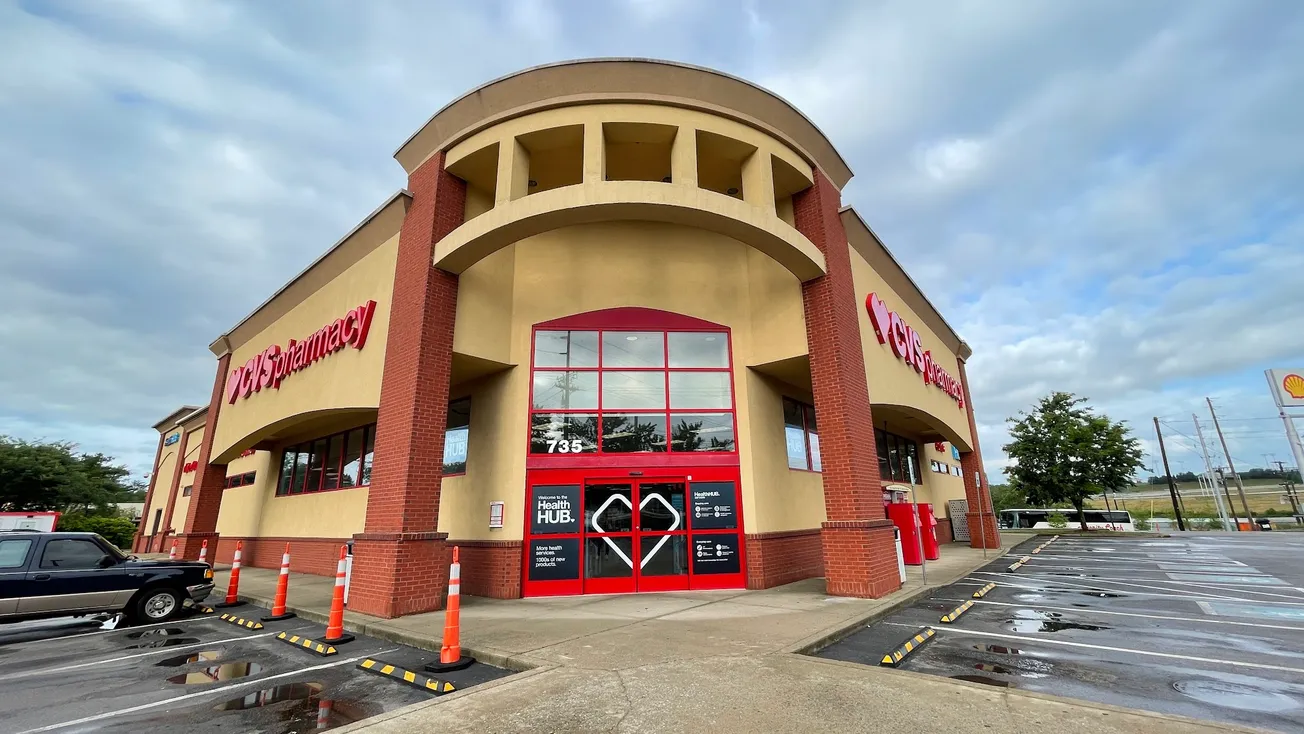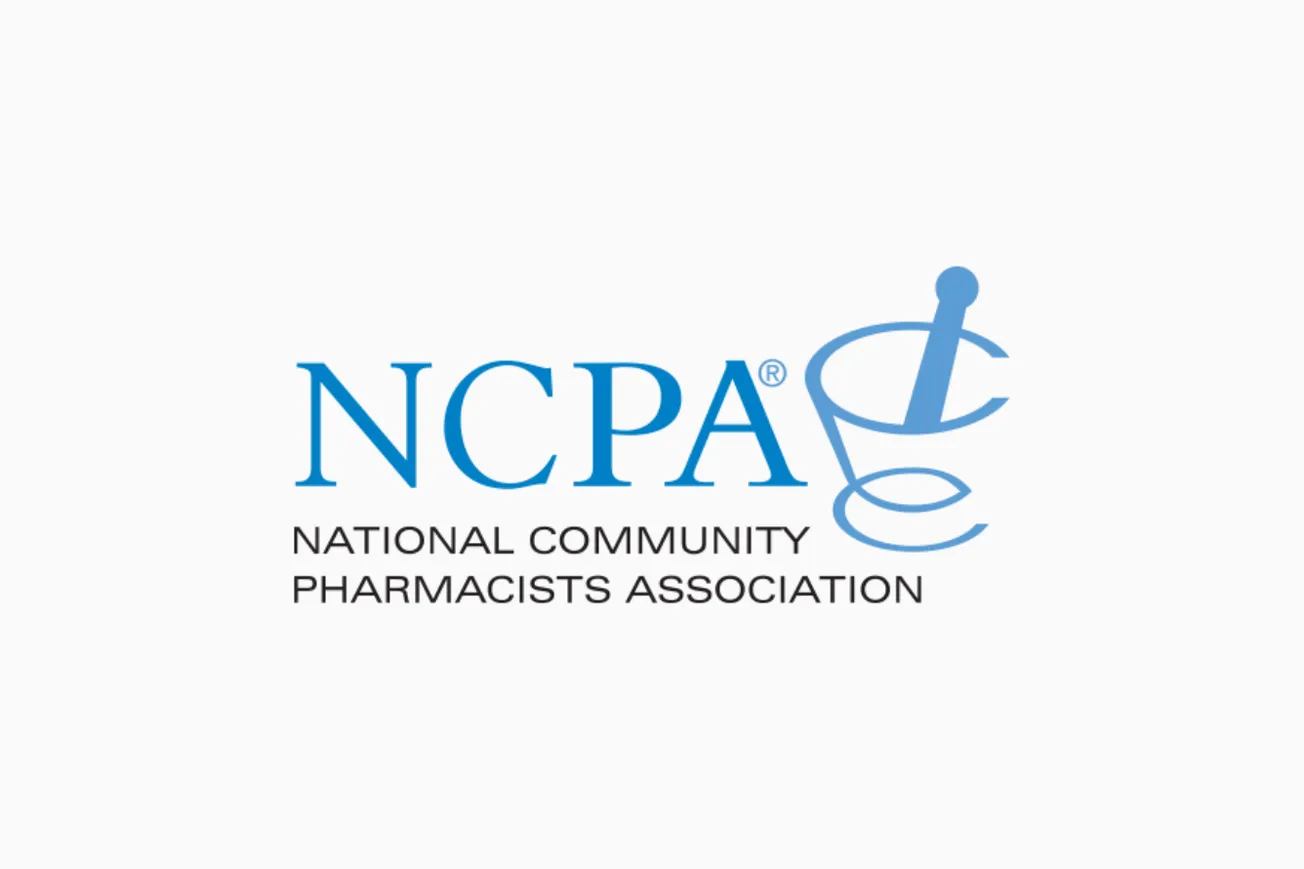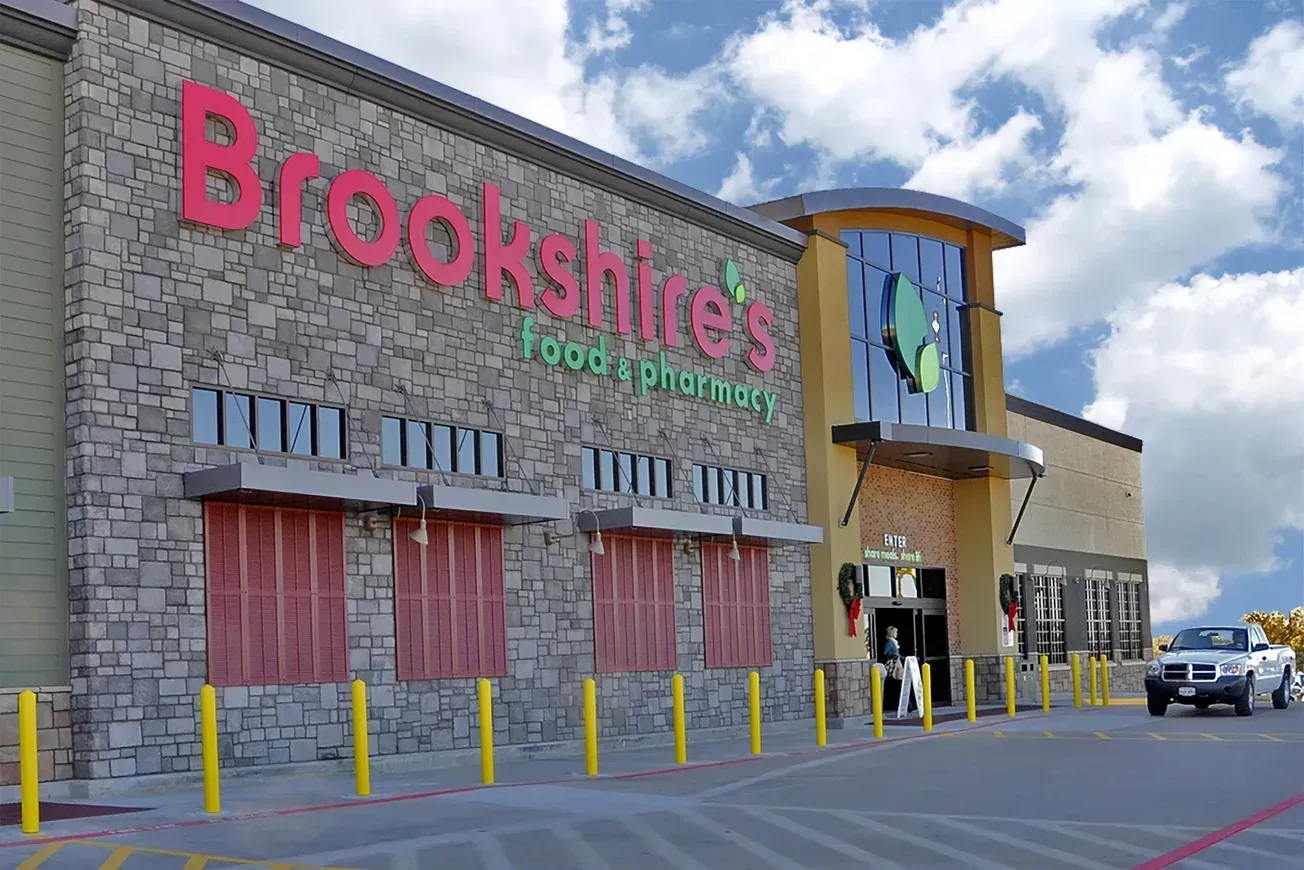ATLANTA — The American Cancer Society (ACS) and CVS Health have launched a three-year, $3.6 million initiative to provide grants to 125 institutions to expand the number of smoke- and tobacco-free college and university campuses nationwide.
ACS said Wednesday that the partnership creates the Tobacco-Free Generation Campus Initiative, part of a national effort to deliver the nation’s first tobacco-free generation. With funding from the CVS Health Foundation, ACS will award grants to colleges and universities in 19 states with the greatest need for stronger smoke-free campus policies to help them take a broader approach to implement tobacco-free campus policies, including cessation, education and support.
Plans call for 25 grants to be awarded in the first year and 50 in each of the second and third years. The states targeted by the program are Alabama, Arizona, California, Connecticut, Illinois, Indiana, Kentucky, Louisiana, Massachusetts, Michigan, New Jersey, North Carolina, Ohio, Pennsylvania, Rhode Island, South Carolina, Tennessee, Texas and West Virginia.
“This partnership with CVS Health allows us to help make campuses tobacco-free using proven strategies that will reduce smoking and tobacco use rates among this population,” Cliff Douglas, vice president for tobacco control and head of the American Cancer Society’s Center for Tobacco Control, said in a statement. “Creating a tobacco-free generation is a lofty goal, and reaching it requires a broad spectrum of strategies targeting multiple audiences. To be successful, it is imperative to prevent and stop smoking among college students.”
The ACS initiative is part of “Be The First,” a five-year, $50 million campaign announced by CVS Health in March. The effort aims to deliver the first tobacco-free generation via education, advocacy, tobacco control and healthy behavior programming to tackle tobacco use. In 2014, CVS Health became the first national pharmacy chain to eliminate the sale of cigarettes and tobacco products from its stores.
“Creating smoke-free campuses will move us one step closer to delivering the first tobacco-free generation,” stated Eileen Howard Boone, senior vice president for corporate social responsibility and philanthropy at CVS Health and president of the CVS Health Foundation. “Together with ACS, we can help ensure college-age youth stay tobacco-free through campus policies, increased education and awareness of healthy behaviors. We are at a critical moment in our nation’s efforts to end the epidemic of tobacco use, and it is through partnerships like this one that we will be successful.”
Research has shown smoke-free policies curb campus smoking, ACS reported. Indiana University became a tobacco-free campus in 2008 and reduced smoking prevalence from 16.5% in 2007 to 12.8% in 2009. The University of Michigan became tobacco-free in 2011 and, after 11 months, its smoking rate dropped from 6% to 4%.
Just 1,483 of the 4,700 U.S. college and university campuses, or less than one in three, are completely smoke-free, and only one in four (1,137) are completely tobacco-free, according to data compiled by the Americans for Nonsmoker Rights.
“The American Cancer Society and CVS Health are targeting an important age group at a critical time to improve public health for generations to come,” commented Howard Koh, former assistant secretary for health for the U.S. Department of Health and Human Services and current professor of the Practice of Public Health Leadership, Director of the Leading Change Studio at the Harvard School of Public Health. “It is a great example of how public-private partnerships can aggressively move one step closer to a tobacco-free generation.”








